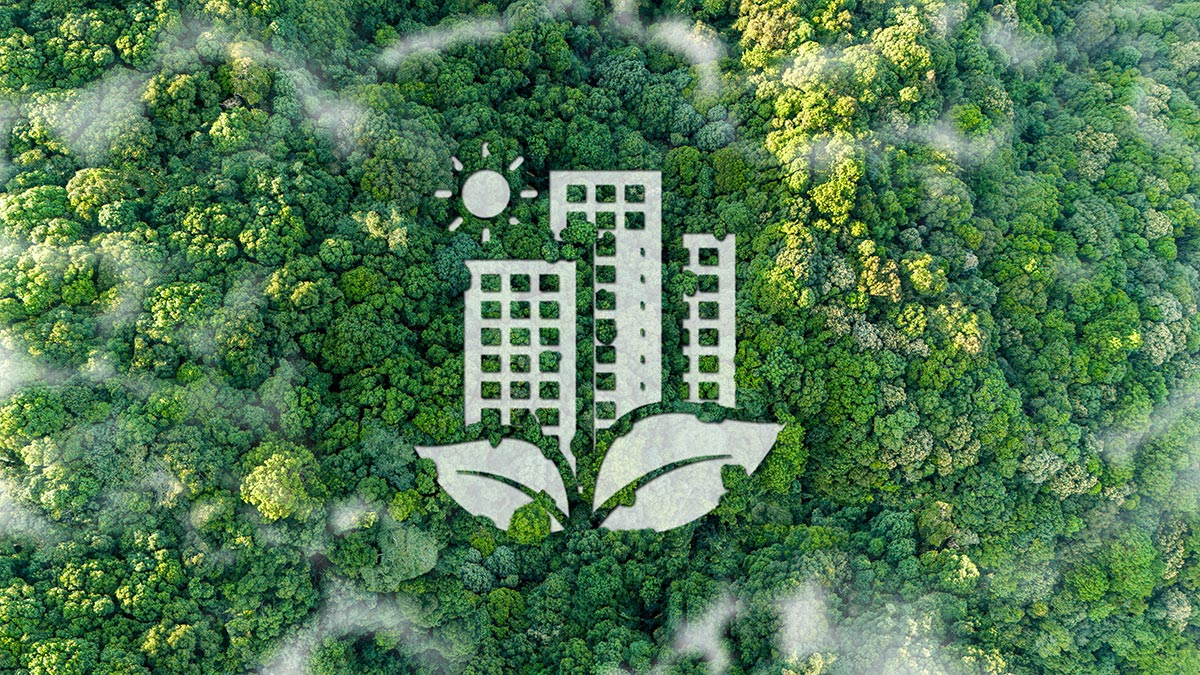In the construction industry, it’s easy to get caught up in deadlines, budgets, and client expectations. But as builders, we also carry the responsibility of thinking about the long-term impact of our work. Every house, every project, and every foundation we lay doesn’t just serve the families who live there—it shapes communities and ecosystems for decades to come. That’s why sustainable building isn’t just a trend; it’s a mindset that every construction business, no matter how small, should embrace.
Why Sustainability Matters in Construction
Sustainability in construction goes beyond installing solar panels or using recycled materials. At its core, it’s about being intentional with our resources, minimizing waste, and creating structures that last. When we ignore sustainability, we often build short-term savings at the cost of long-term problems—higher utility bills for homeowners, greater environmental strain, and reputations built on convenience rather than quality.
On the other hand, sustainable practices set us apart as builders who care not just about finishing the job, but about building a better future. Clients are increasingly aware of these issues, and more homeowners want to invest in eco-friendly homes. By adopting sustainable methods, we meet those needs and strengthen our businesses in the process.
Focus on Energy Efficiency
One of the simplest ways to embrace sustainability is to prioritize energy efficiency. Small businesses may not always have the budget for cutting-edge green technology, but basic steps can go a long way. High-quality insulation, energy-efficient windows, and thoughtful design that takes advantage of natural light can dramatically reduce energy use.
When I talk with clients, I make it clear that these investments aren’t just about “going green”—they’re about saving money month after month on energy bills. A well-insulated home with efficient heating and cooling systems will pay dividends for years. Energy efficiency is a win for both homeowners and the planet, making it one of the smartest sustainable practices we can adopt.
Use Locally Sourced and Durable Materials
Another way to build sustainably is by choosing materials wisely. Whenever possible, I encourage using locally sourced products. This reduces the carbon footprint tied to shipping while also supporting local suppliers and trades. Durable materials, such as sustainably harvested wood or long-lasting roofing, might cost more upfront but they hold up better over time.
As builders, we know that repairs and replacements can become a burden for homeowners. By focusing on materials that last, we’re not just reducing waste—we’re helping families avoid unnecessary stress and expense. It’s one of the most practical ways to show that sustainability and craftsmanship go hand in hand.
Minimize Waste on the Job Site
One lesson I learned early in my career is that waste is expensive. Every board tossed aside or bucket of drywall mud thrown out is money—and resources—down the drain. Small businesses can save a surprising amount by simply being more intentional with waste management.
This might mean better planning when ordering materials, reusing offcuts where possible, or recycling scrap metal and wood. Even setting up clear bins for recycling on the job site makes a difference. Clients notice when builders are careful with resources, and it sends a message about our values and professionalism.
Invest in Training and Knowledge
Sustainable building practices aren’t static—they’re always evolving with new technologies, products, and methods. For small construction businesses, staying informed is essential. That doesn’t mean chasing every new trend, but it does mean keeping an open mind and investing in training.
Workshops, trade shows, and certifications can help crews learn how to incorporate sustainable methods effectively. More importantly, training empowers employees to feel proud of the work they’re doing. When everyone on the team understands why sustainability matters, it becomes a shared mission instead of a box to check.
Build Homes That Stand the Test of Time
At the end of the day, the most sustainable thing we can do is build homes that last. Shortcuts and cheap materials may save time in the moment, but they lead to repairs, renovations, and even demolitions down the road. True sustainability is about durability.
I often remind my team that we’re not just building for today—we’re building for the next generation. Every solid foundation, every carefully installed roof, every efficient system is part of that legacy. And when we put our reputation behind homes that endure, we not only honor our craft but also secure our place as trusted builders in the community.
Final Thoughts
For small construction businesses, adopting sustainable practices doesn’t require a massive budget or a corporate-sized operation. It starts with simple, intentional choices: designing for efficiency, sourcing responsibly, reducing waste, investing in training, and building with durability in mind.
Sustainability isn’t a side project or a luxury—it’s a responsibility and an opportunity. By embracing it, we show our clients, our teams, and our communities that we’re building with more than just lumber and nails. We’re building with vision, care, and respect for the future.
